First Resume Templates
Whether you’re a recent college graduate or a student applying for your first summer job, the employment outlook is bright across many industries. However, writing your first resume can be difficult. Your resume is where you list your work history and skills, but what if you don’t have much or any experience?
To have a chance at landing your first job, you’ll need a resume template that leverages academic, extracurricular, and volunteer experience. In this guide, we’ll provide tips and examples you can use to choose a strong first resume template.
What Makes a First Resume Template?
Templates for first-time resume writers are designed to be modern, user-friendly, and easy to read. In the absence of a lengthy work history, this resume style emphasizes other aspects of your professional potential. Let’s review the major elements that should be present in your first resume template.
Top 10 parts of a first resume template
- Attractive colors to help the resume stand out
- Modern fonts to draw attention to education and key skills
- Name and job title prominently displayed
- Line breaks and subtle color differences
- White space that makes the template easy on the eyes
- Option for a personalized logo or photo
- Headings clearly marked with bold text
- Emphasis on contact information
- Well-organized key skills section
- Balance between creativity and formality
When to pick a first resume template
If you’re having trouble putting together your first resume, using a template can be very helpful. Resume templates handle the formatting so all you have to do is fill in the blanks with your information.
Top five reasons to choose a first resume layout
- Make up for a lack of experience
- Work with a user-friendly template
- Focus on skills instead of work history
- Emphasize academic and extracurricular achievements
- Bring out your professional potential
How to get the most out of this template
While a first resume template provides a solid starting point, there are strategies you can use to maximize its potential. No matter the industry or your area of study, you can follow the tips below to get the most out of a first resume template:
- Start with a strong resume summary: Draw the reader in with a compelling objective statement describing who you are as a professional. This should give the hiring manager a good idea of your qualifications and goals as an applicant.
- Use the design to your advantage: Utilize the elements of the template to create a well-organized, visually appealing resume. Bullet points and sections are intended to maintain a cohesive look and ensure ample white space.
- Tailor your content for each job: Consider what the employer is looking for in a candidate by studying the requirements in the ad. Use keywords from the job description to align with their needs and optimize your document for applicant tracking systems (ATS).
- Elaborate on achievements: Since your work experience might be limited, don’t hesitate to use the work history section to discuss academic, extracurricular, and volunteer work. These experiences provide just as much opportunity to build skills as a paid job does.
More Resume Templates
Looking for a different resume template? Check out this list:
Frequently Asked Questions: First Resume Templates
Although you may not have any official paid work history, there are plenty of other ways to fill out your resume, such as school, sports, music, clubs, and student government. Even if they aren't directly related to the career you're pursuing, they can show you've taken the initiative to develop your leadership, knowledge, technical ability, and soft skills.
If you've volunteered with a local charity or completed an internship in your field of study, include these experiences on your resume. Highlight the skills you developed and any accomplishments you achieved. You can include them in the 'Experience' section of your resume. Like a regular job, list your title, responsibilities, and volunteer work or internship dates.
The first paragraph of your resume is the best place to communicate your eagerness and willingness to learn. That's what an objective statement is for - expressing a few unique qualities that make you a good fit for the job.
You can do better than simply stating that you're "willing to learn." Phrases such as "highly motivated," "quick learner," and "eager to contribute" show you're ready to take on any challenges and use them as a learning experience.
A well-rounded First CV should include the following sections: a profile summary that highlights your experience and strengths, a skills section that aligns with the job description, a professional experience section that outlines key roles and responsibilities, and education and certifications. Adding a section for key achievements or quantifiable results can also give your CV a competitive edge.
It's common practice to begin the first sentence of your resume with an adjective such as, "enthusiastic," "proactive," or "resourceful." After that first descriptive word, most applicants give a few more details by listing a job title, years of experience, and any industry expertise. Here's a quick example of what and what not to do on your first resume.
- Do: "Detail-oriented high school student with six months of experience providing child care for children ages 1 to 7 years old."
- Don't: "Hard worker without much experience but willing to learn what it takes."
Any resume style that emphasizes skills and education over your work history will be the most beneficial for first-time job seekers. A functional resume starts with both a skills section and academic history before any mention of professional experience. This draws the reader to your strengths and places less of an emphasis on a work history.
A combination resume is another great choice if you'd like to describe your experience in greater detail. It combines the best of the functional and chronological formats, allowing for a more robust experience section.
A common mistake people make on a resume is simply not proofreading well enough and submitting a document with spelling or grammatical errors. This also happens to be one of the most avoidable mistakes, especially with the help of writing assistants like Grammarly or artificial intelligence (AI) programs like ChatGPT. Even the smallest error can hurt your chances of landing an interview, so take your time and use all the tools at your disposal to create an error-free resume.
Check Out Related Examples
Resume Templates offers HR approved resume templates to help you create a professional resume in minutes. Choose from several template options and even pre-populate a resume from your profile.


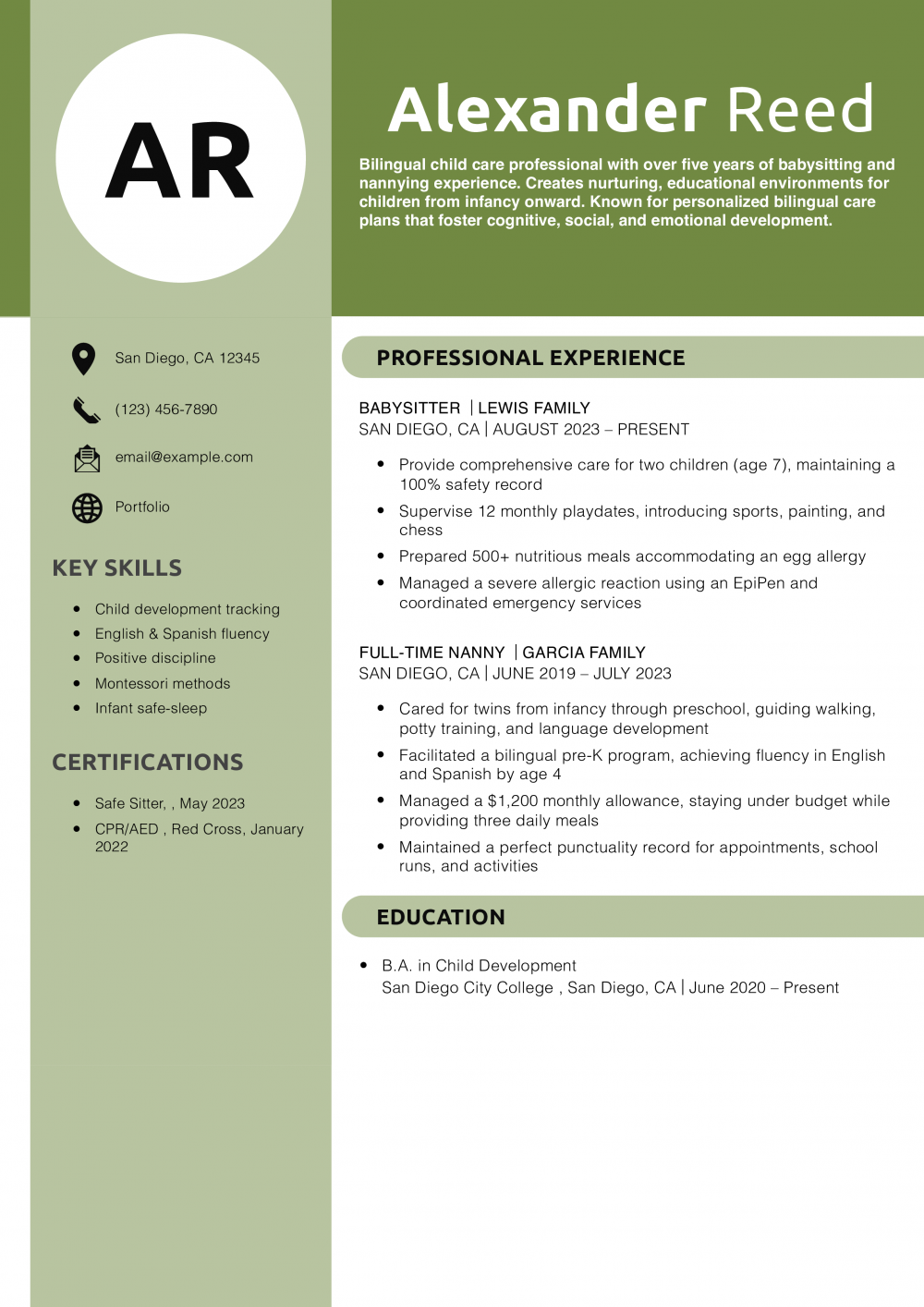
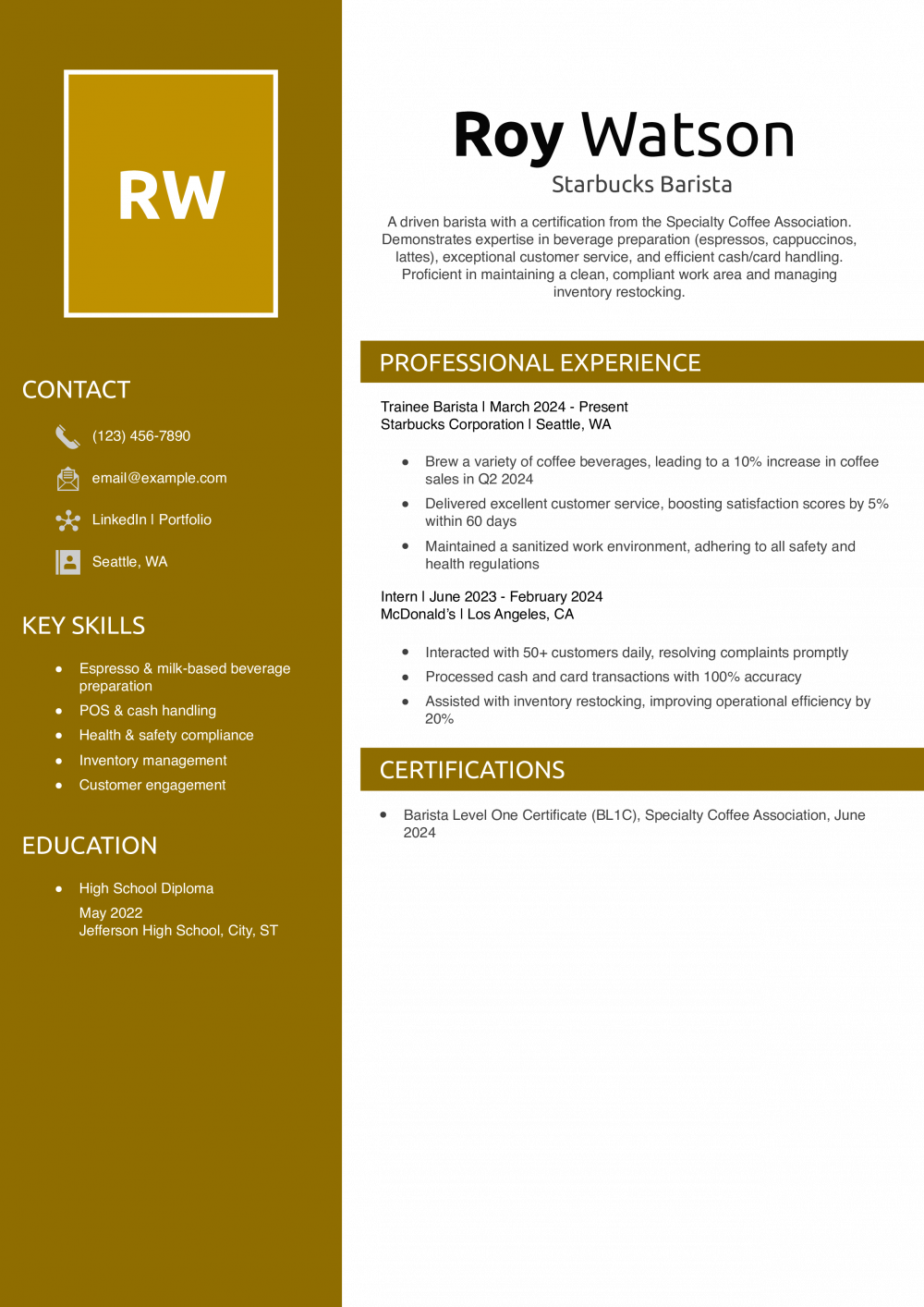
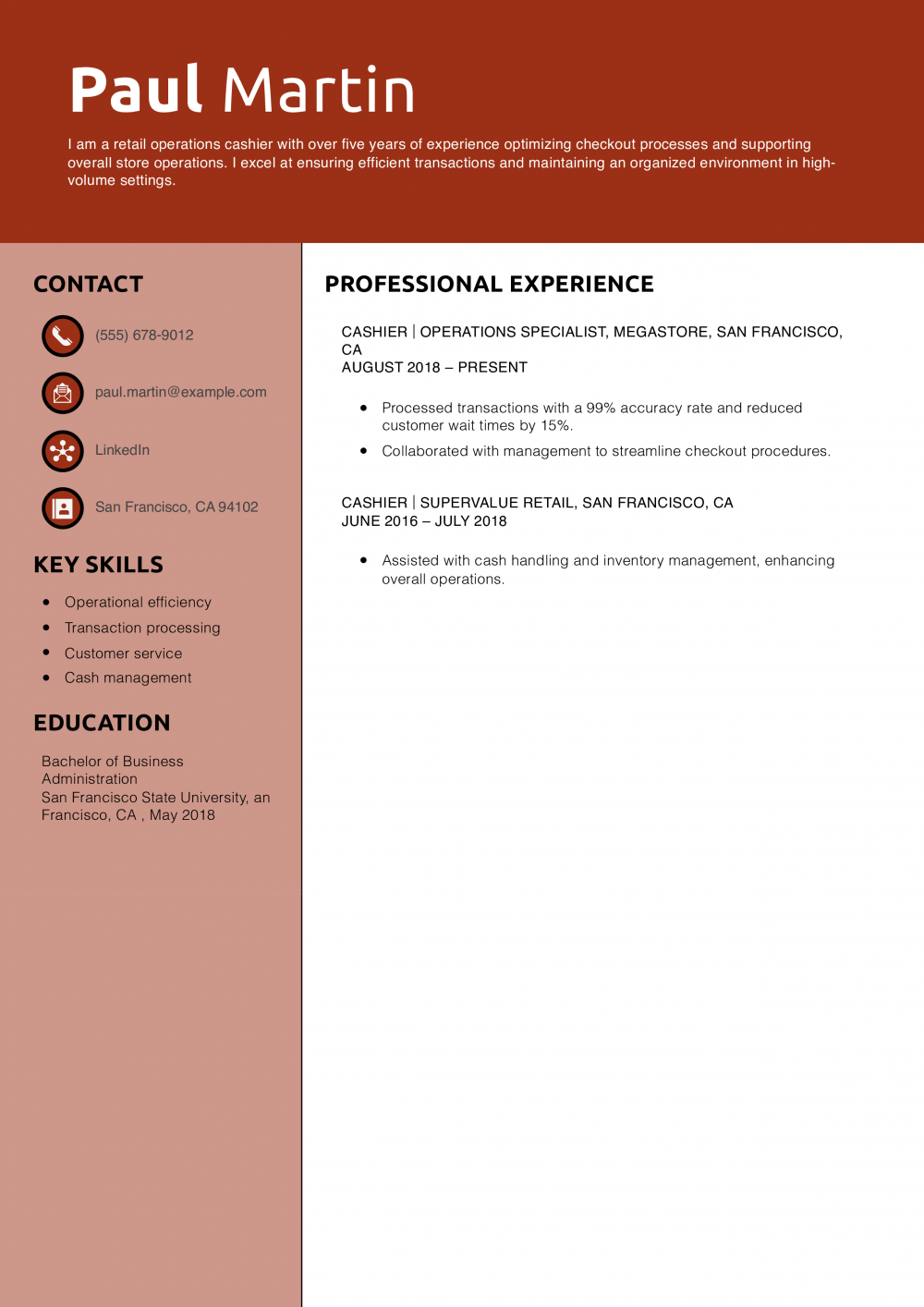
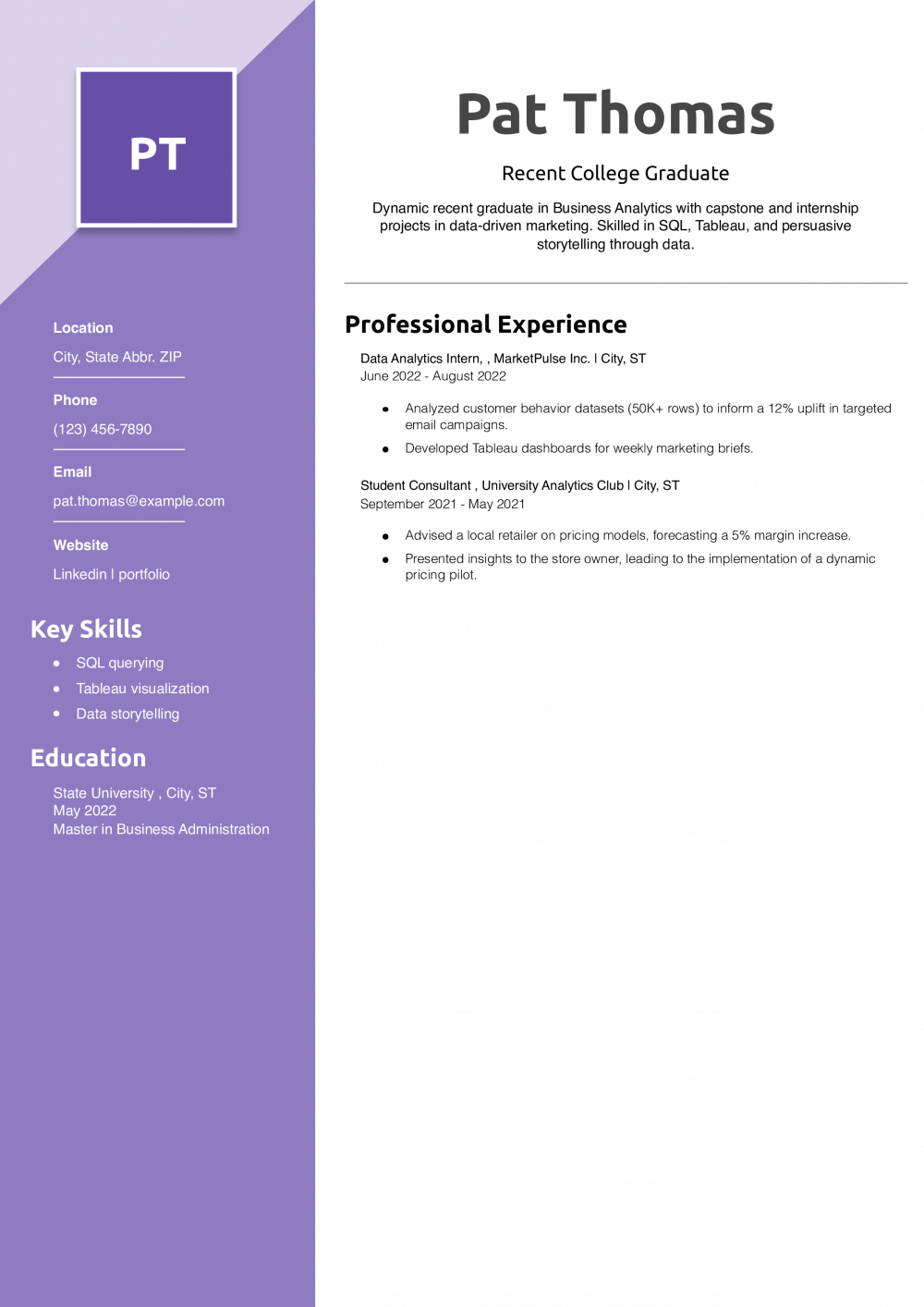
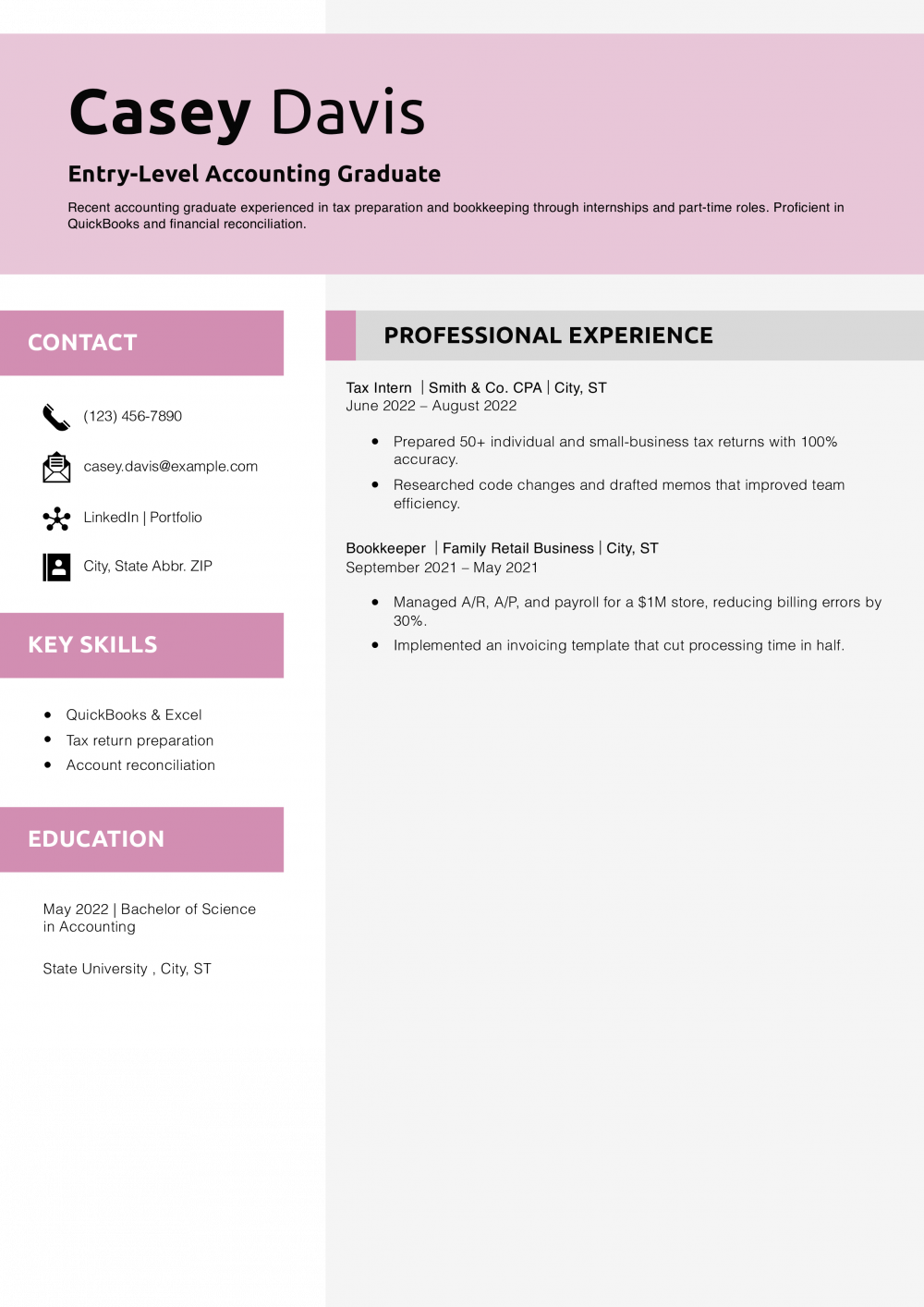
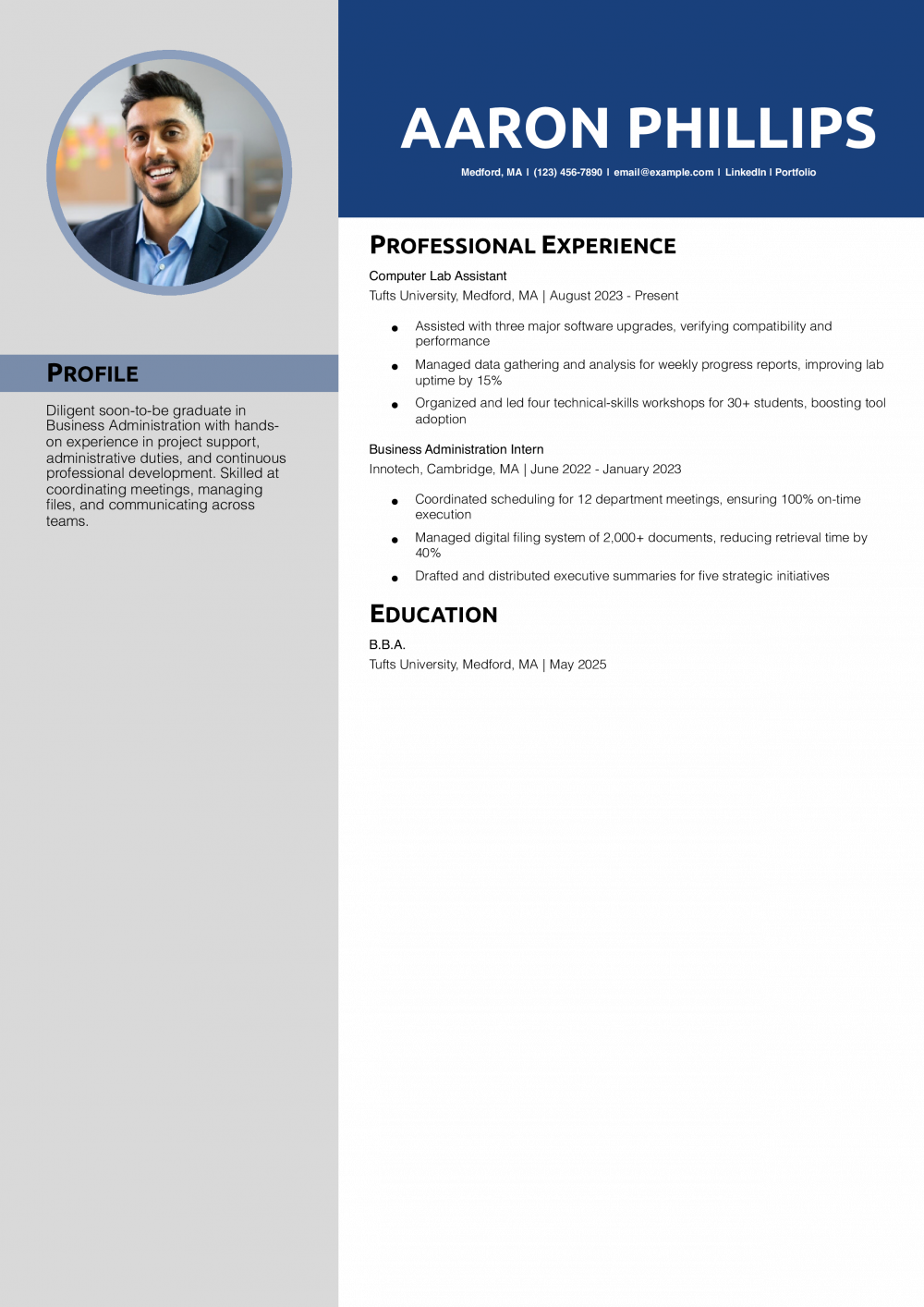
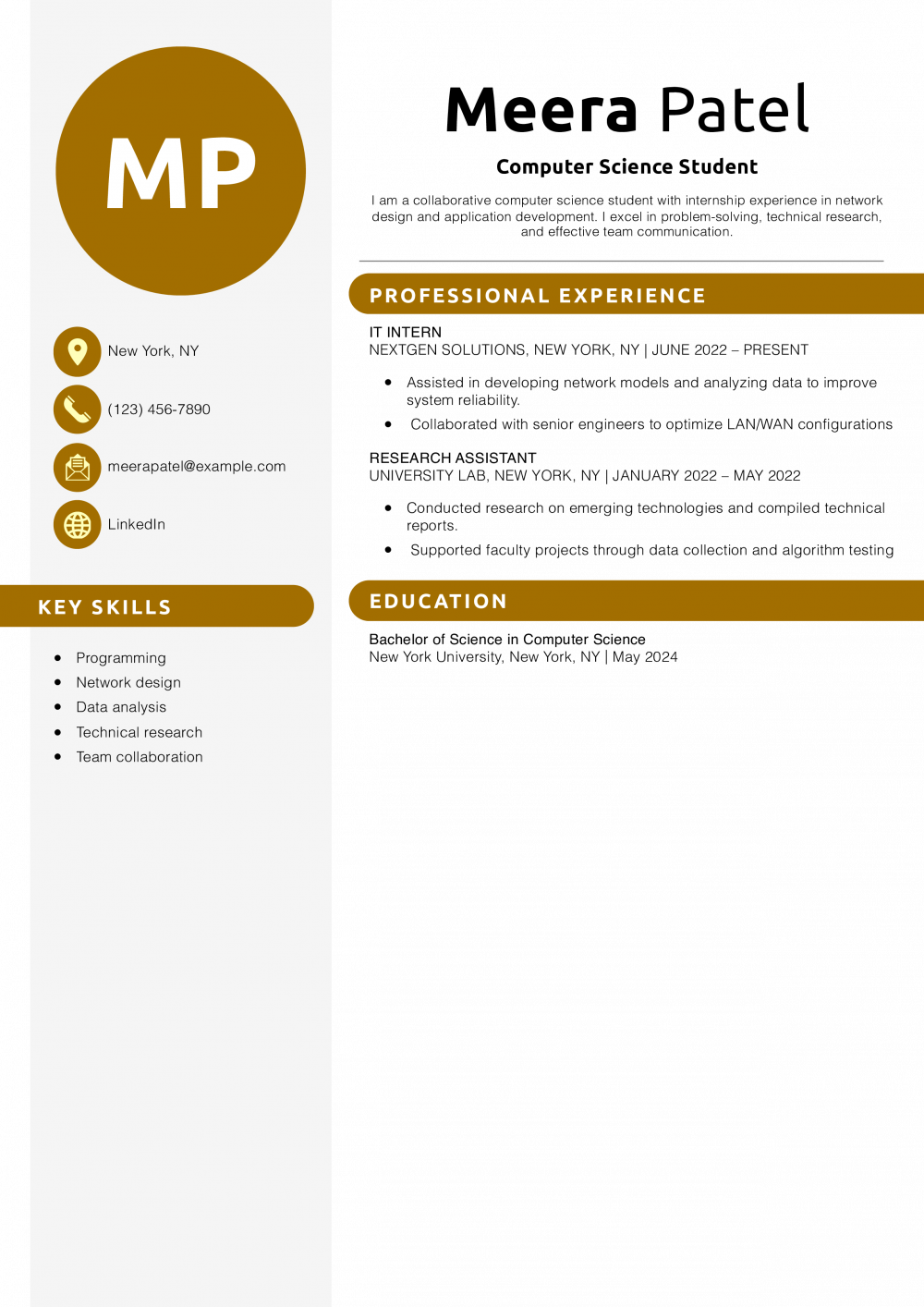
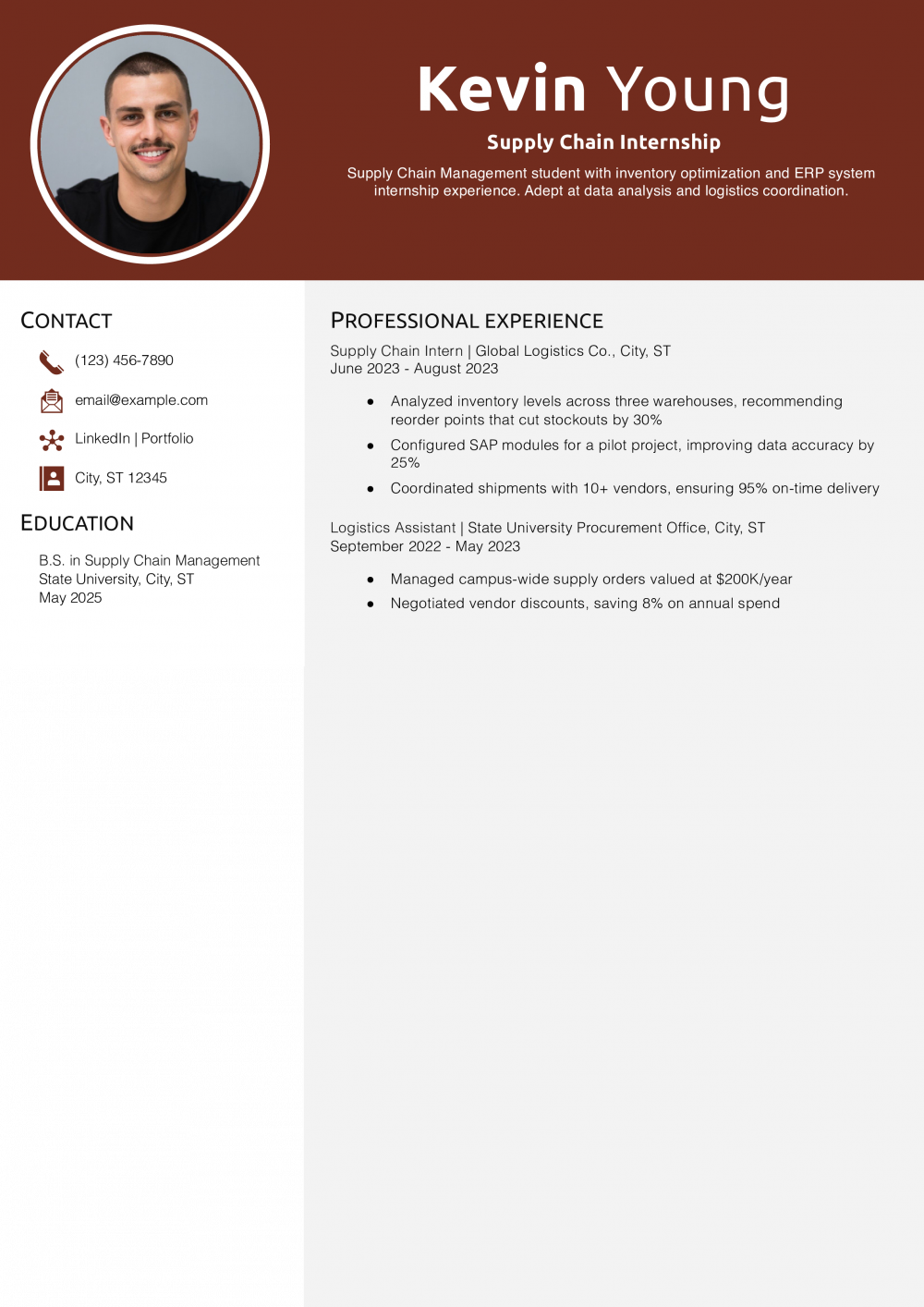
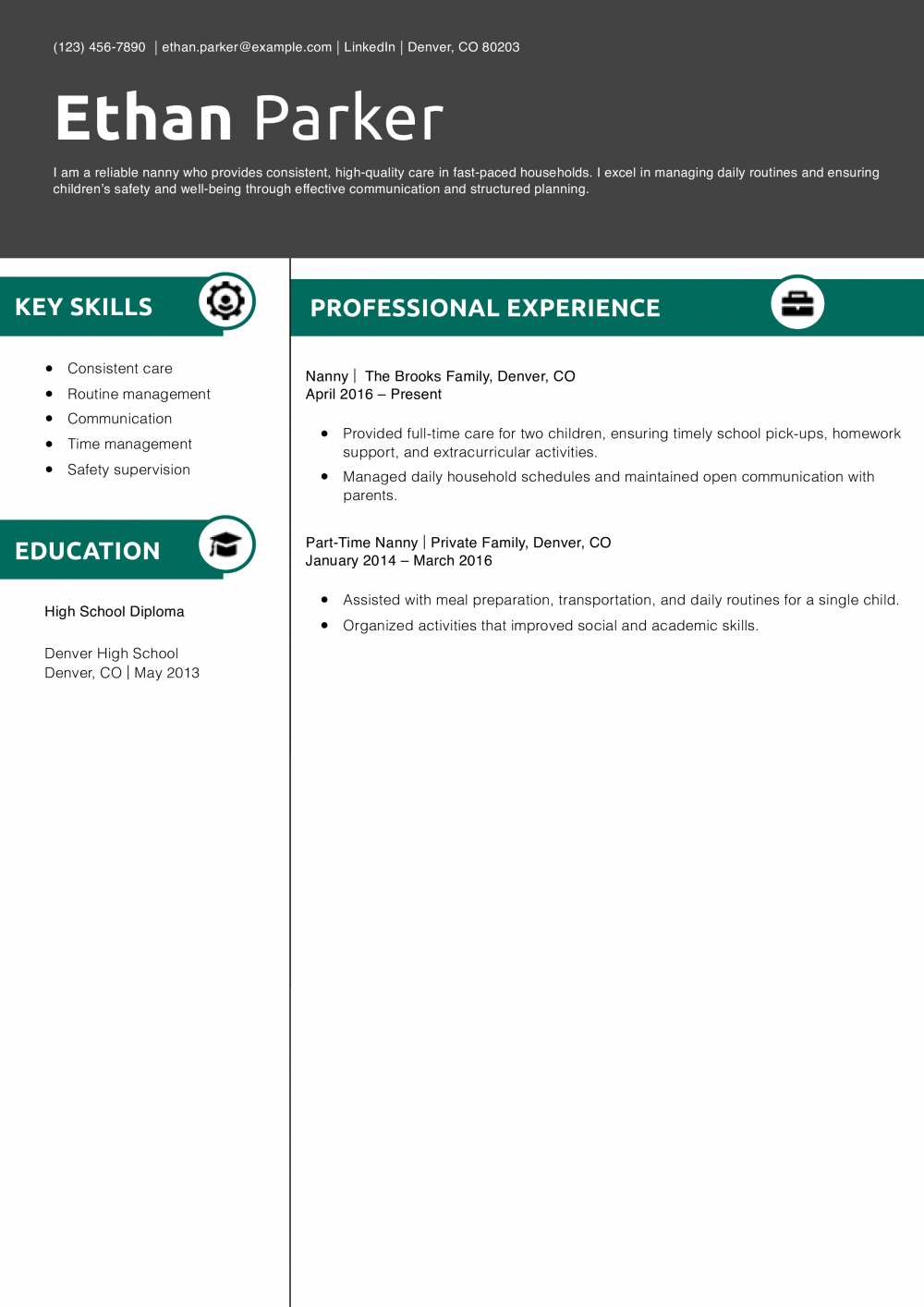
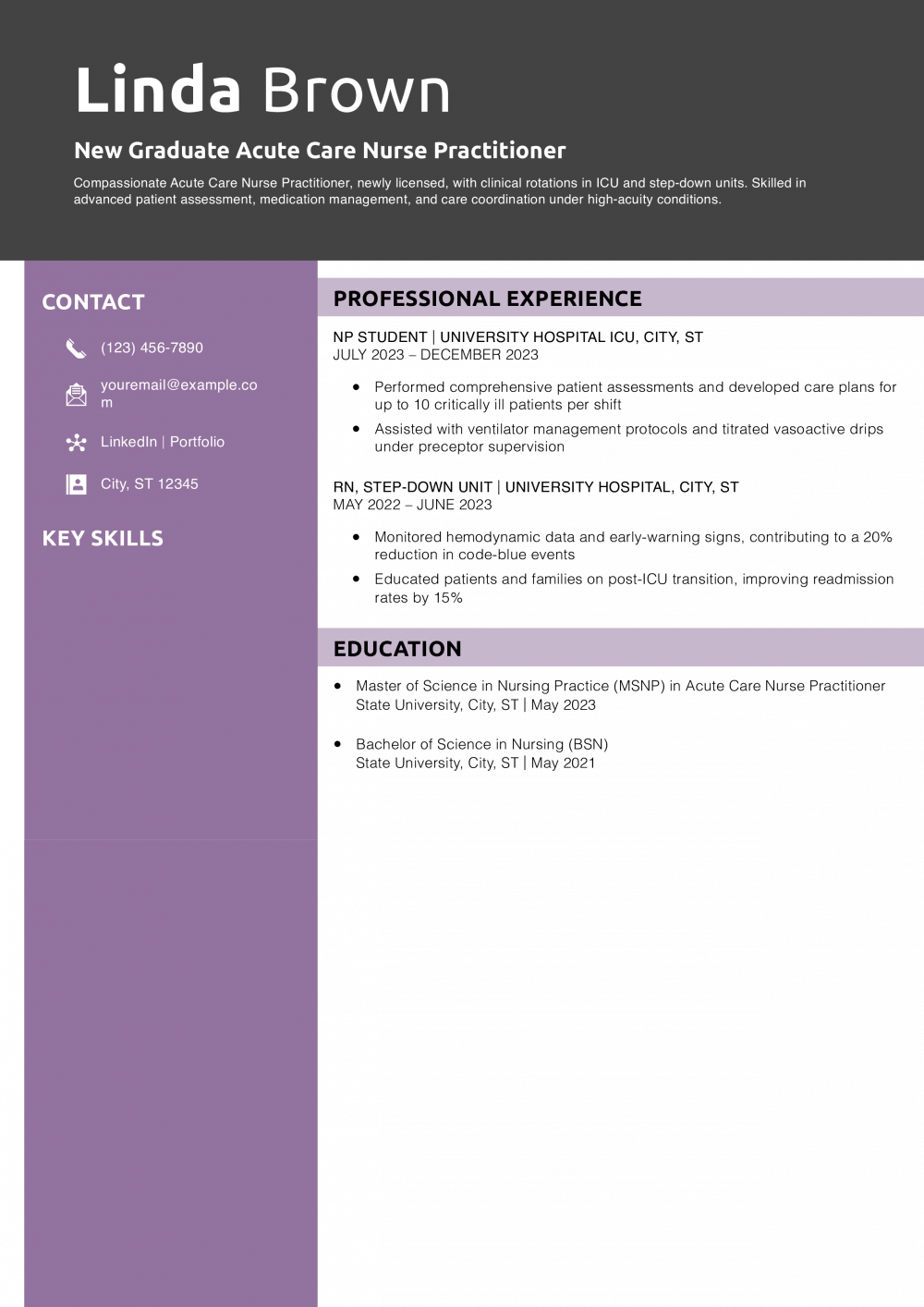
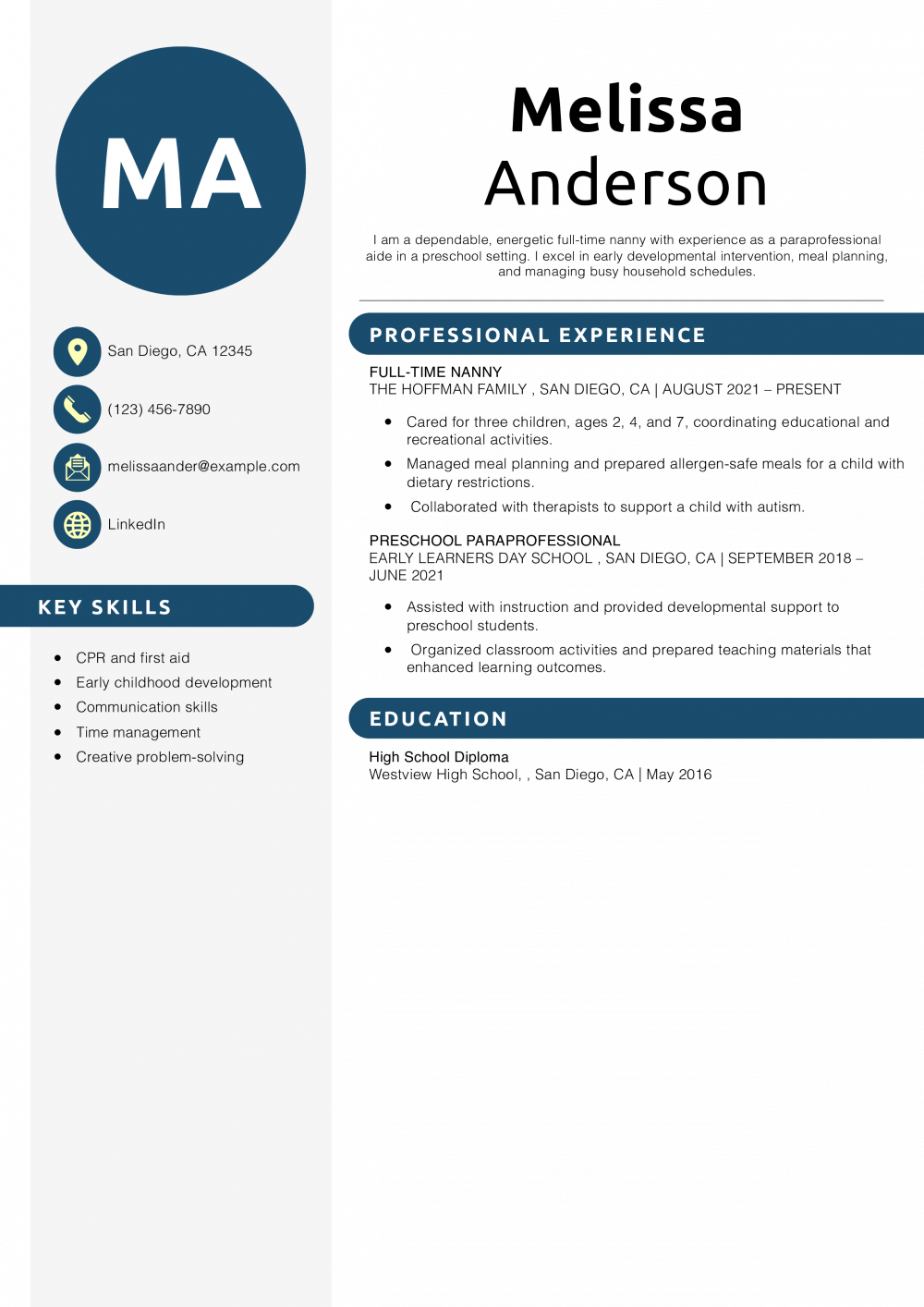

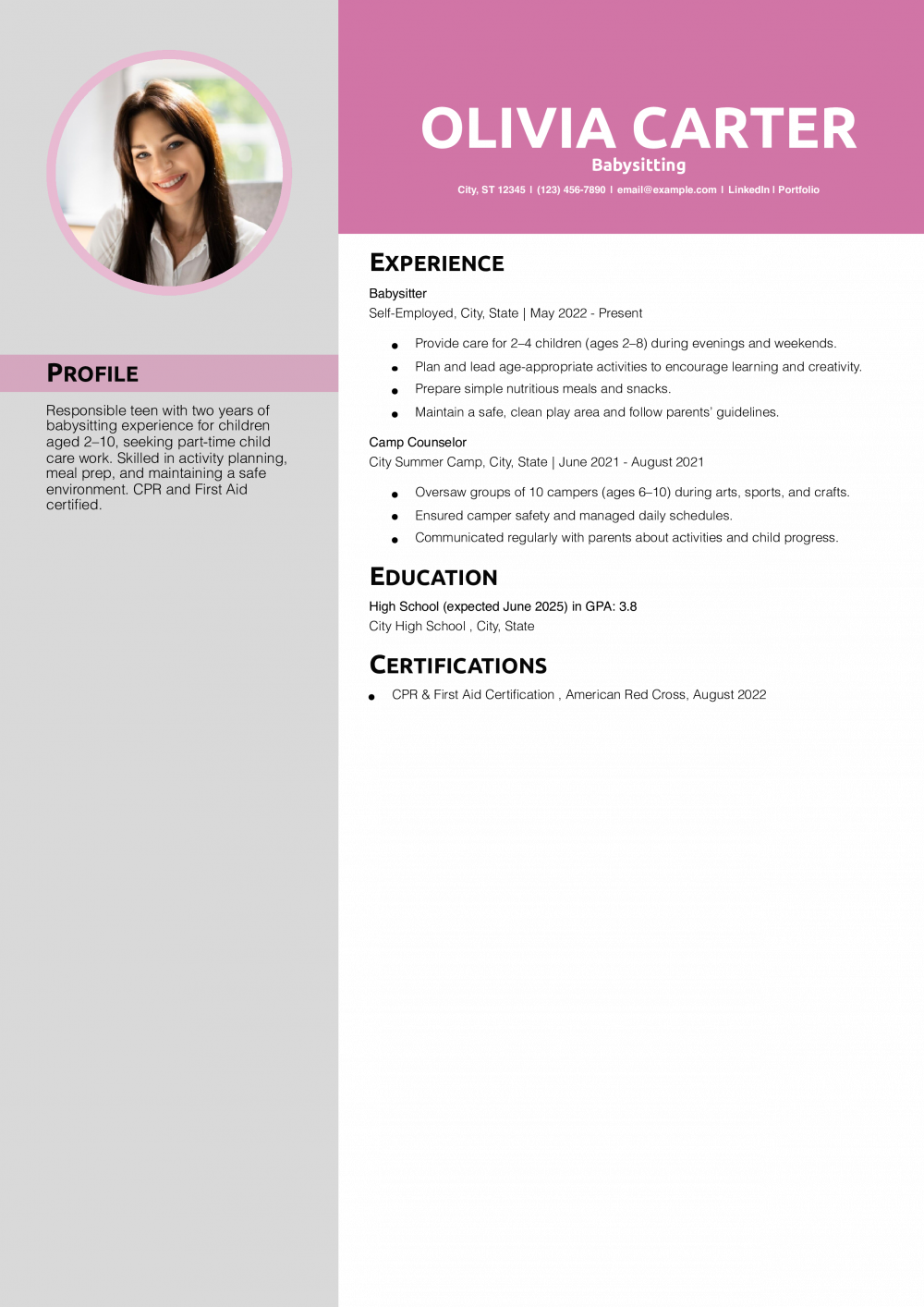
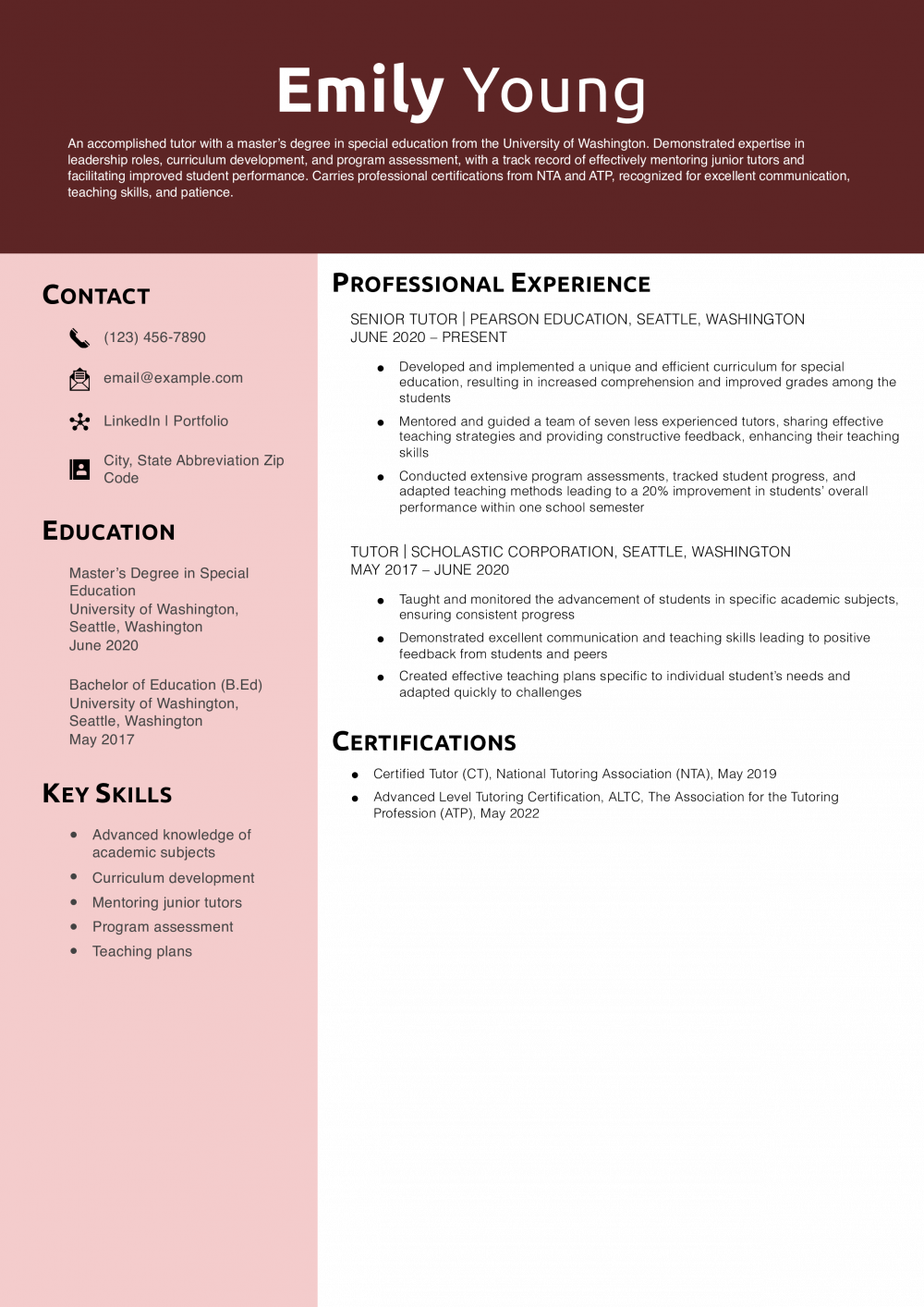

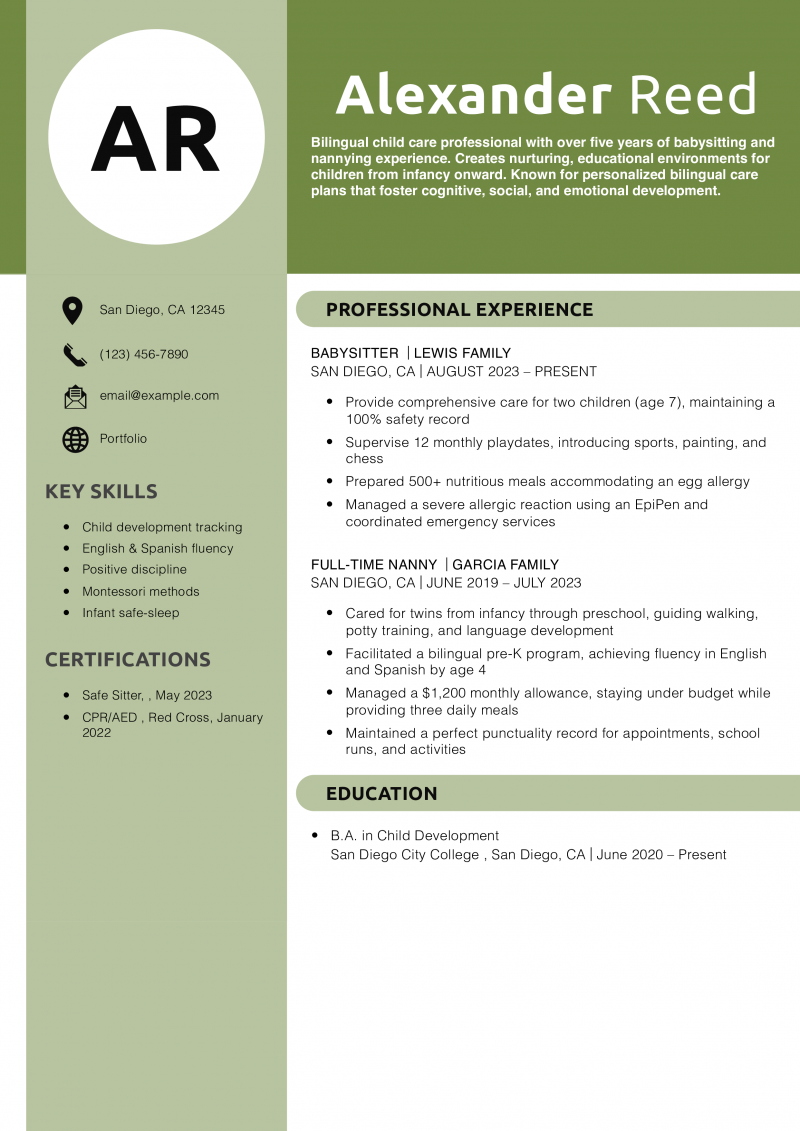

![Entry-Level Resume Examples and Templates for [y]](/wp-content/uploads/2025/02/Entry-level-Babysitter.x400.pdf.jpeg)